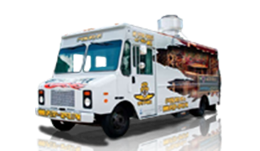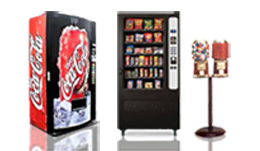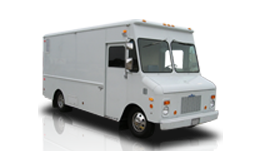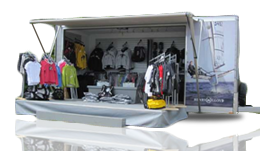Is Buying an 18-wheeler a Good Investment?
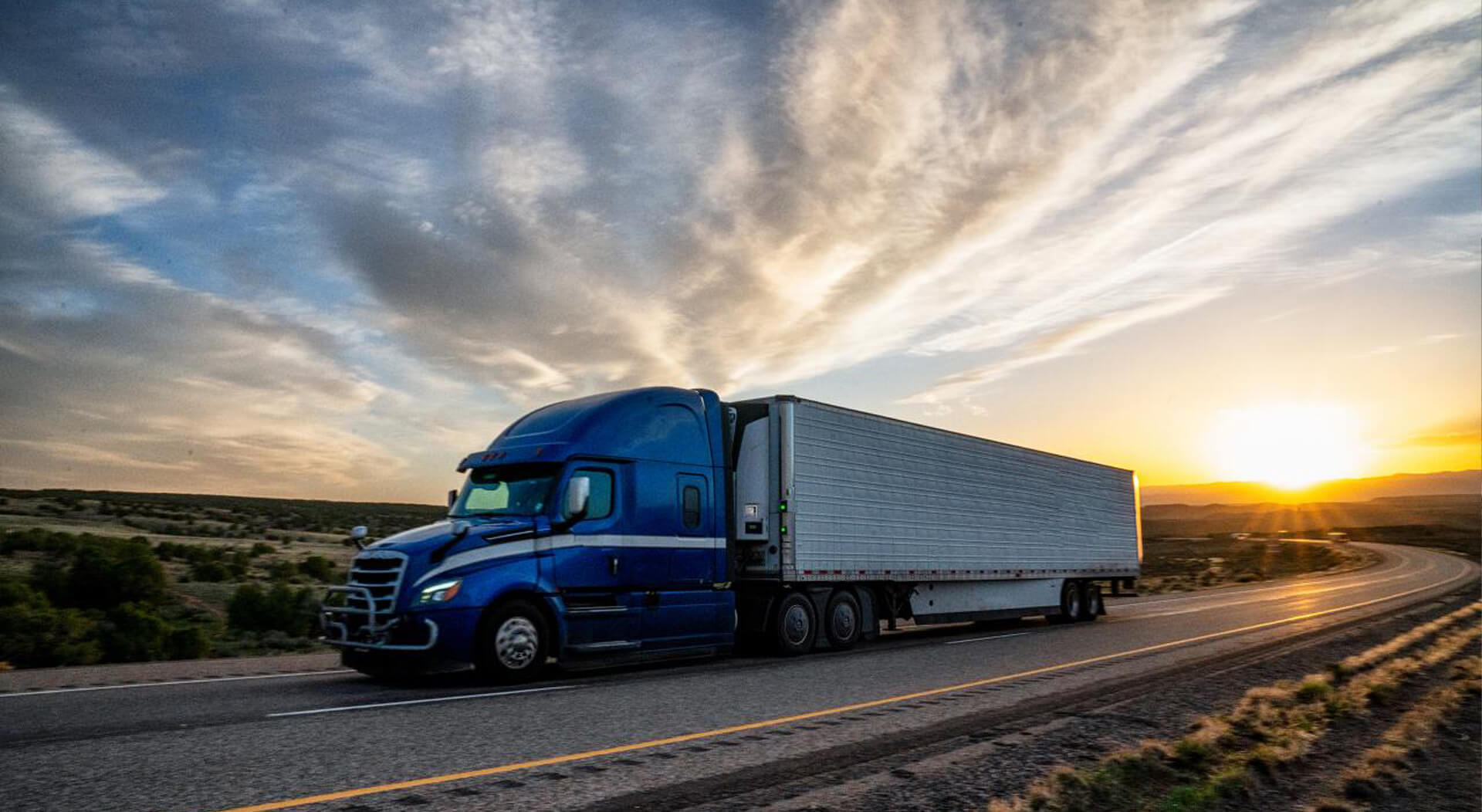
Whether you’ve been an owner-operator for some time and are looking to make your first purchase as opposed to simply leasing a truck, or you’re a former fleet driver thinking of starting your own trucking business, you know that buying a semi truck isn’t a decision to be made lightly. So you have every reason to wonder if purchasing an 18-wheeler is a good investment for your business, not to mention the best choice you can make.
While there are inherent risks in buying a used truck, whether it’s a low-mileage or high-mileage truck, buying a new truck brings a few risks with it as well. It’s important to remember, though, that there’s also the possibility that your purchase will pay off in a big way, given enough time.
That said, here are the key points you need to remember to ensure that you have enough guidance when deciding to get an 18-wheeler truck.
What’s Inside
5 Tips When Buying an 18-wheeler Truck
Look for a reputable seller
Whether you’re buying a new or a used truck, you want to make sure you’re doing business with a reliable, reputable seller, especially if it’s the latter you’re planning to get. Even if you do end up paying more for the semi by buying it from a seller with a good reputation than if you went with one that was less well-known or potentially not as trustworthy, you may well avoid having to spend on unexpected repairs and maintenance in the future.
In other words, doing your research and finding the right people to buy the truck will do a lot to ensure you get something that’s high quality and performs well while requiring as few trips to a repair shop as possible.
Make a checklist and stick to it
Speaking of doing research, you need to do some additional searching to learn what you should check before buying one truck or the other. Then make sure you do follow that checklist.
When buying a used truck, don’t forget to ask about its maintenance and repair history, how often the truck was used by the previous owner, and how it was used. This will help you pinpoint their current condition and if they’re really worth the price. You’ll also be aware of any potential problems in the future, giving you enough time to plan and prepare for them so you’re not caught off-guard and scrambling to get it into a shop.
On the other hand, if you’re getting a new truck, ask dealership mechanics – if you can – about what complaints they’ve had from others who own the same model, or if they’ve noticed any common problem areas. How often they see someone bring in the same truck for repairs or maintenance will also give you an idea if the maintenance schedule in the truck’s owner’s manual is accurate. This will help you determine if the truck you’re considering isn’t just worth the price, but will be able to deliver overall.
Look for a warranty
Just as you wouldn’t buy, say, a big appliance like a fridge without a warranty, it’s important that you look for or ask for a warranty when purchasing a truck. This is so that when things go awry when you least expect it, you have a safety net in place, so to speak, and you won’t always have to go out-of-pocket. Knowing your truck is covered will make a significant difference when you drive down the road in it.
Set a budget
There’s no doubt that you already have a budget in mind when you begin looking at 18-wheelers. However, what you pay for the truck is only part of the actual budget. You also need to factor in how much you spend on the truck per mile it drives – your cost per mile, in other words. This includes fuel, your driver’s salary, and regular maintenance. If you decided to finance your truck, then your cost per mile would include the monthly payments as well.
If you find that your cost per mile is more than your revenue or else you’d just be breaking even each month, it’s worth considering a different truck. You can’t run a profitable business unless you earn more than what you spend per mile on your truck, so take as much time as you need to figure out how much you’d need to generate compared to what you foresee yourself spending.
Have a backup truck and backup funds
Whether you decide to get a new or a used truck, it’s a good idea to have a backup truck in mind in case your first choice falls through for any reason. Having more than one choice helps make sure you can start earning money as soon as possible, despite potential setbacks.
You’ll also want to set aside money – warranty or no warranty – specifically for truck repairs and maintenance. Having separate funds helps you keep from dipping into your profits and any money you planned to reinvest in the business, whether for additional equipment, additional drivers, or marketing. It also helps to have that extra money in place just in case your warranty doesn’t cover everything you need done at any time.
Is an 18-wheeler a Good Investment?
The bottom line? Yes, an 18-wheeler truck is a good investment for any trucking business that calls for a big rig, whether you’re looking for a truck with a sleeper cab or one with a day cab. And it’s important that you remember the above tips to ensure that nothing will cause a loss of revenue for your business.
Looking for the best deals on used semi trucks? Visit our website here.


